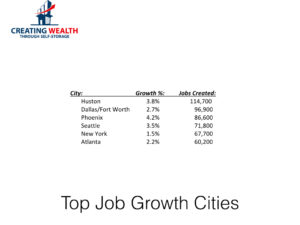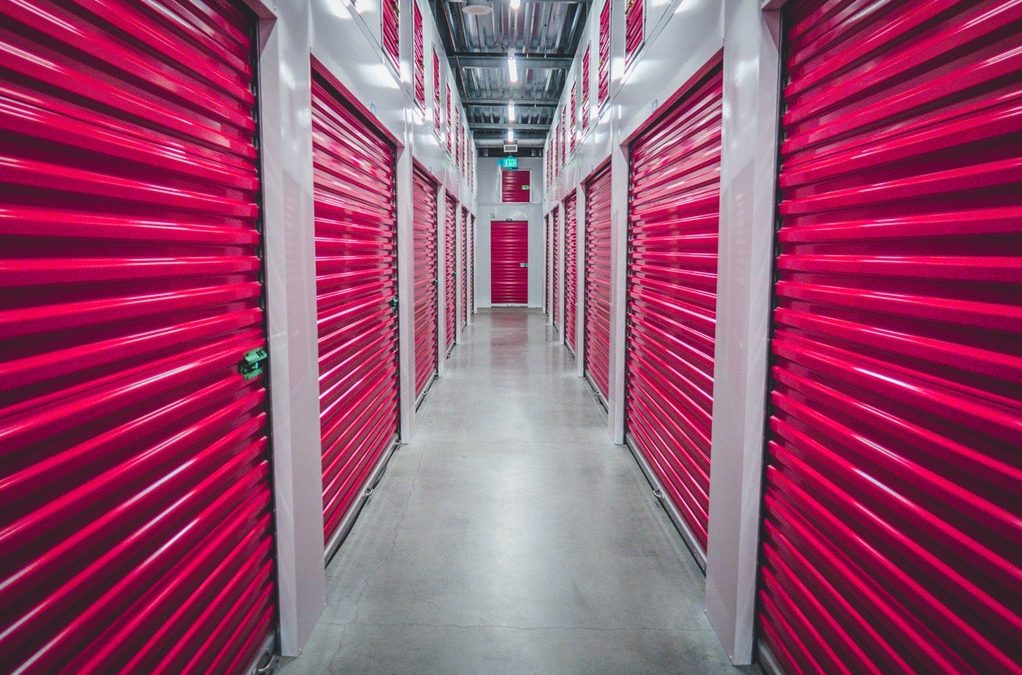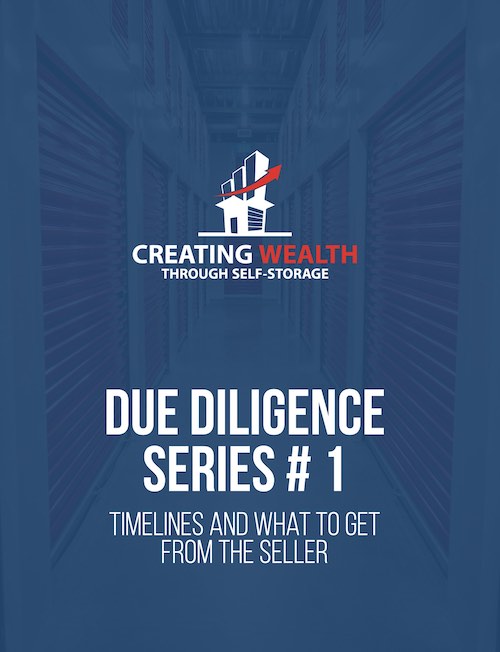I want to take a few Episodes and share some of the take away I have from attending the Inside Self Storage Convention a few weeks ago in Las Vegas.
We are now in an industry that is growing and evolving at a fast rate, and it is important to keep our finger on the pulse. It is also important as business owners, to be able to look into the future to some degree and anticipate what is going to happen.
That is why I go to the conventions.
I learned a lot at this one.
Overview of the Self Storage Industry
The first take away I received is that the underlying fundamentals of what drives self-storage are in good shape.
The U.S. Jobs growth rate is remarkably stable. There has been (through 4th quarter 2018) 99 months of continuous gain. The average monthly gain is north of 200,000 jobs per month.
Here are some of the top cities for job growth:
City: Growth %: Jobs Created:
Huston 3.8% 114,700
Dallas/Fort Worth 2.7% 96,900
Phoenix 4.2% 86,600
Seattle 3.5% 71,800
New York 1.5% 67,700
Atlanta 2.2% 60,200
Job growth is a critical driver for self-storage. Here are some of the cities with the slowest job growth.
City: Growth %: Jobs Created:
Milwaukee 0.7% 5,900
Orange County 0.4% 7,200
St. Louis 0.6% 8,100
Jacksonville 1.8% 12,900
Sacramento 1.3% 13,100
Retail Spending is up. An average of 2.3% growth rate per year and housing starts are falling short of demand.
The migration trends are not a surprise. The U.S. population still migrates towards the southeast and the southwest. Below are some of the cities with the most expected population growth in the next ten years.
City: Growth %: Population Growth:
Dallas/Fort Worth 19.3% 1,465,300
Houston 18.5% 1,311,800
Phoenix 24.0% 1,171,700
Atlanta 19.1% 1,155,500
Orlando 30.4% 795,500
Self-Storage Sector
As we all know, a lot of o inventory has come online. In 2018, about 4.7% more self-storage inventory went into service across the U.S in 2019, that number is estimated to drop to 3.2%. But, that is still pre than any other real estate sector. Apartments in 2019 are estimated to add another 1.8%, retail .06%, office 1.1%, and industrial 1.4%.
Here are the top cities where the new self-storage went.
City: Completion as % Inventory: 2109 sq. ft. estimate:
Seattle 9.1. 2.724,500
South Florida 5.0% 2,146,000
Dallas/Ft. Worth 3.1% 2,117,400
Phoenix 6.5% 2,082,600
Washington DC 6.4% 1,938,200
Atlanta 4.5% 1,755,300
I was interested in seeing locations where the population growth was outpacing the self storage inventory. Here is what I saw.
City: 5 yr. SF per capita change:
Las Vegas -4.1%
Inland Empire -1.9%
Sacramento 1.9%
Bay Area 3.5%
Los Angeles 4.0%
Salt Lake 4.3%
And it wouldn’t be complete without knowing which city’s contraction growth is outpacing population growth.
City: 5 yr. SF per capita change:
Denver 28%
Northern new Jersey 23.4%
New York City 20.4%
Portland 19.4%
Boston 18.7%
Charlotte 18.7%
The bottom line is to be careful. If you are looking to build in an overbuilt market, I am sure there are submarkets that still have unmet demand. Just make sure the downward rental growth won’t impact our submarket or factor that in your Performa.

Discount income for incentives for example in the first couple of years to compensate for being located in an overbuilt market. Just be careful and go in with your eyes open.



